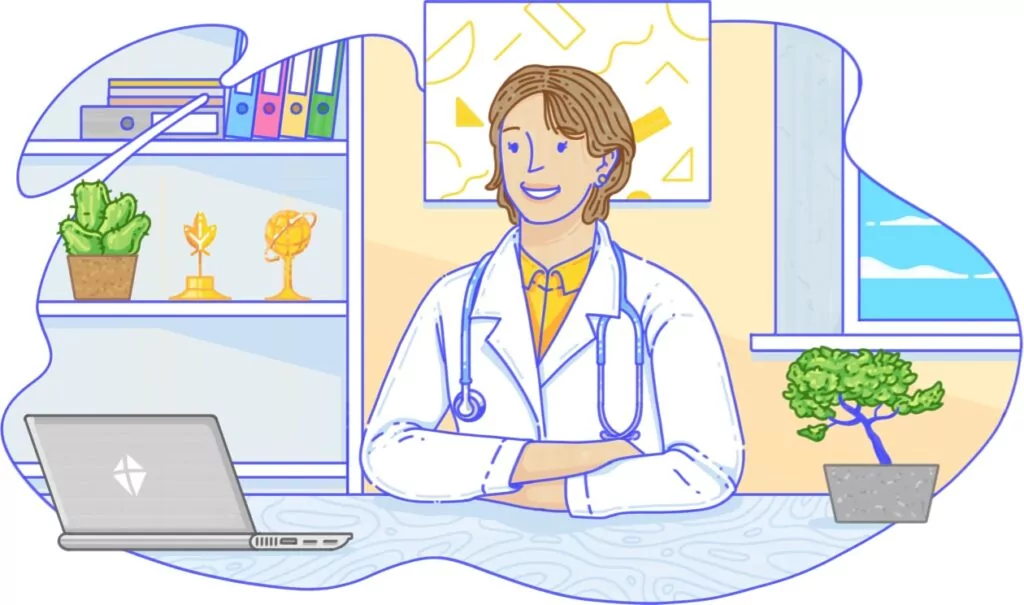Nothing is more important than your child’s well-being, so it’s understandable to have questions about the long-term efficacy and safety of CPP treatment. We talked to Pediatric Endocrinologist Jadranka Popovic to discuss that treatment with CPP medication poses no known significant health risks—and to give you peace of mind that treatment can ultimately safeguard your child’s adult health.
CPP treatment has not been associated with any risk of cancer
According to Dr. Popovic, the caregivers of all her patients want to know “Is it safe?” and “Can treatment affect my child in the future?” “A big question,” Dr. Popovic stated, “is the risk of cancer,” but history has proven the long-term efficacy and safety of CPP treatment. “Recently published guidelines show there is no increased risk of cancer of any kind for treated children, and long-term studies show no increased risk,” said Dr. Popovic.
CPP treatment is not new
Dr. Popovic can assure caregivers that CPP treatments have been used in children—with positive results—for over 40 years. “We have a fairly large amount of data available in terms of patient-treatment years, follow up studies and treatment outcomes,” Dr. Popovic said. Long-term studies also indicate that there is no increased cancer risk with treatment.
Not treating CPP can lead to other health issues
Untreated CPP can cause physical and psychological health issues, but children with CPP who are treated can experience normal, healthy development into adulthood and beyond.
Kids with CPP develop physically and sexually before their peers, and if left untreated, they will stop growing at a younger age and end up shorter as adults. Not treating CPP can cause physical, psychological, and behavioral issues; but children with CPP who are treated can expect to reach normal growth milestones. In this way, CPP treatment protects your child’s health — now, and in the future.
TPI.2021.2910.v1 (v1.1)




